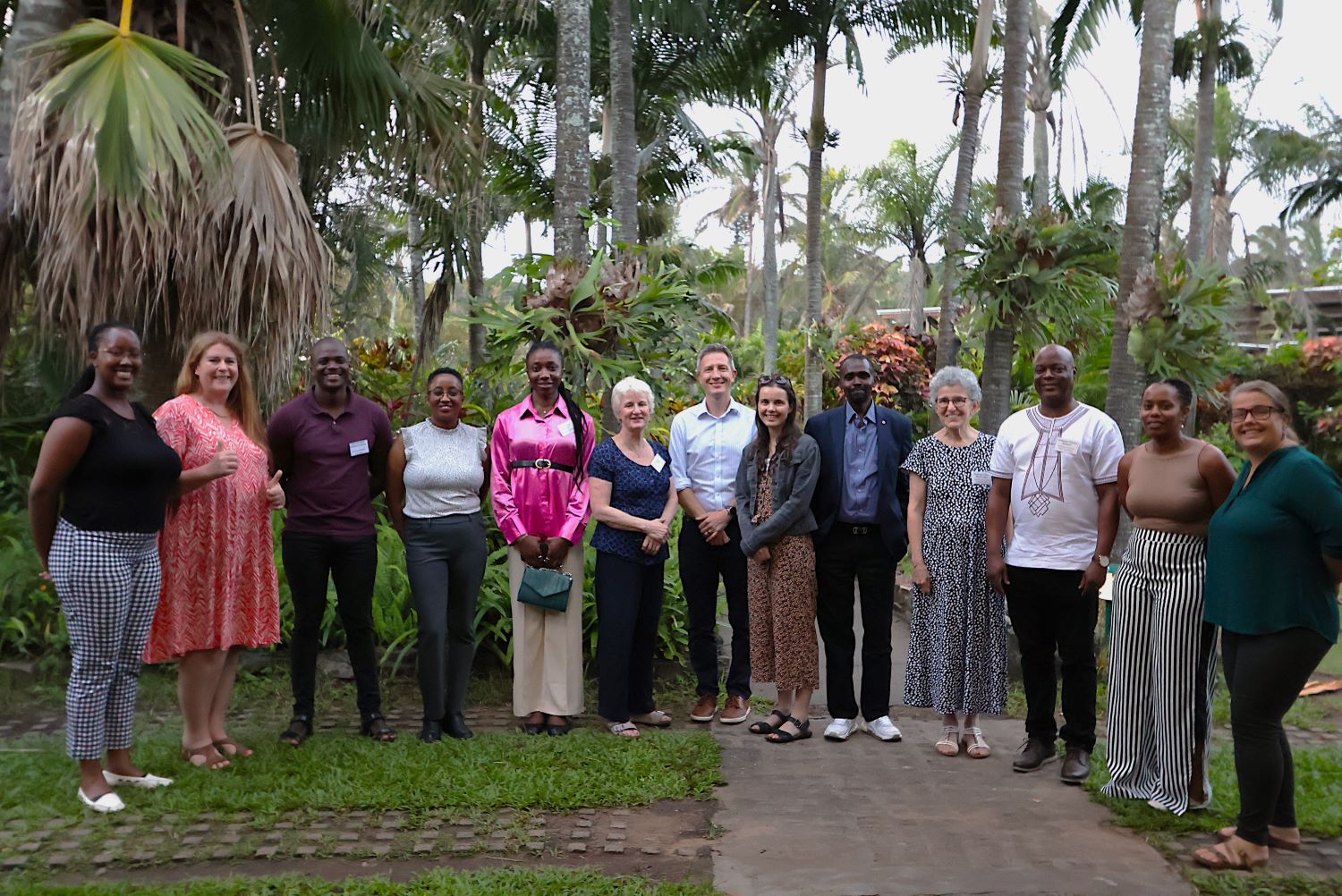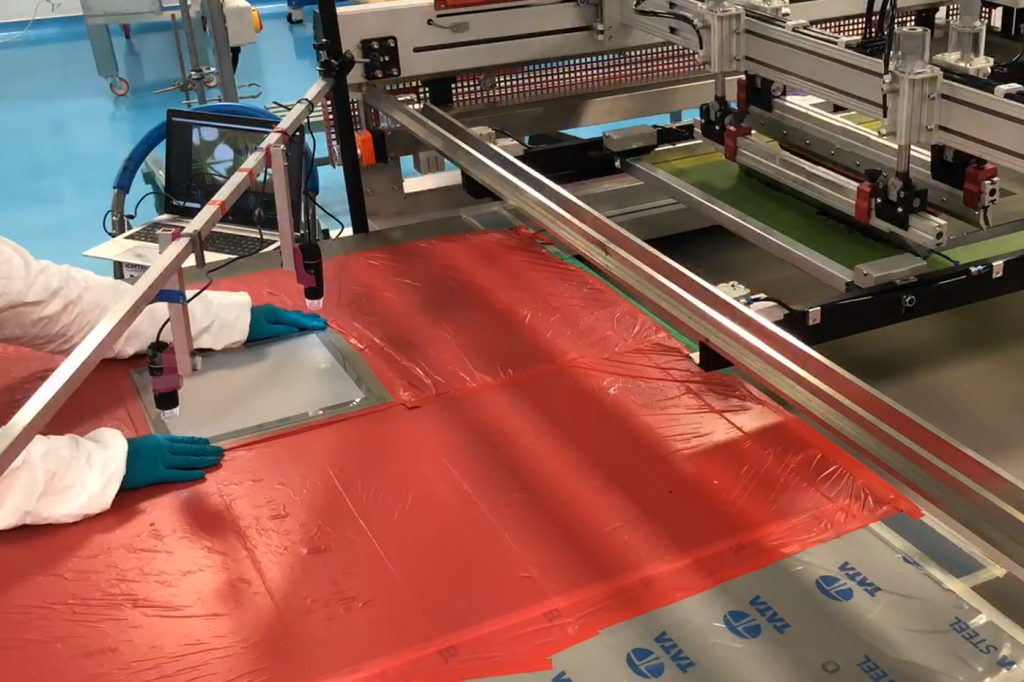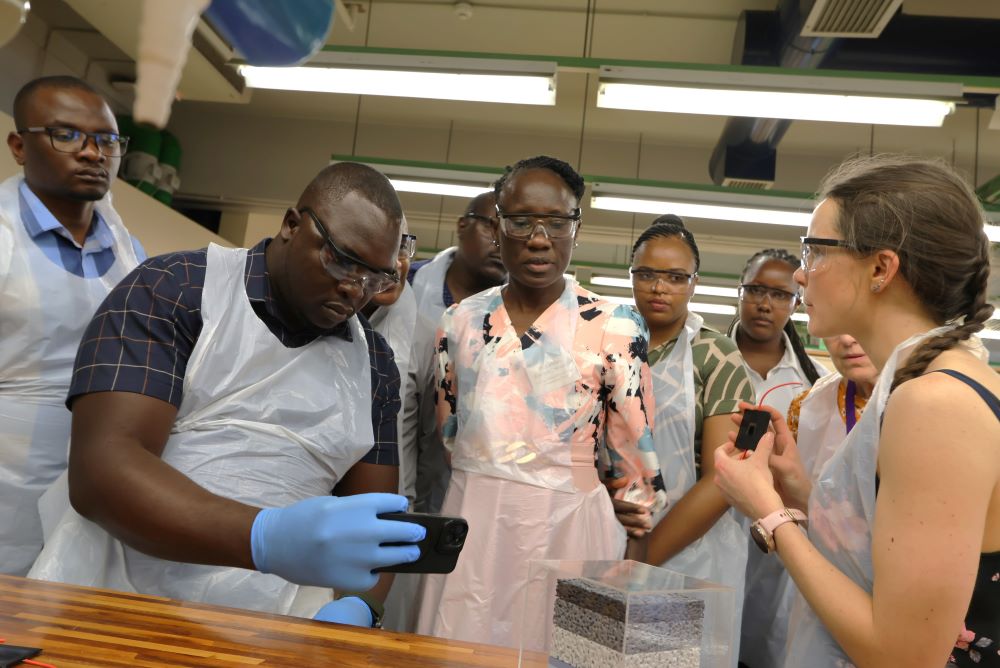
REACH-PSM aims to revolutionise energy access by supporting the local development and manufacturing of perovskite solar modules in Nigeria, Rwanda, Kenya, and South Africa.
Led by Swansea University, REACH-PSM (Resilient Renewable Energy Access Through Community-Driven Holistic Development in Perovskite Solar Module Manufacturing) is a collaboration with universities, businesses, and local communities in Nigeria, Rwanda, Kenya, and South Africa. Ultimately, the project plans to demonstrate the first next-generation solar module manufacturing in Africa.
With over 500 million people in Africa without electricity, there is an urgent need for scalable, affordable, and sustainable energy solutions. Current renewable technologies, such as silicon solar panels, often fail to address local contexts and can result in significant environmental waste.
Presently, solar modules are imported or assembled in Afirca, but are not manufactured on the continent. Through pioneering localised production of next-generation solar, REACH-PSM hopes to empower communities in Africa by fostering energy independence and creating jobs, as well as setting a new standard for sustainable energy solutions. The benefits will be significant, improving social welfare and driving new, clean economic growth within Africa.
Ensuring Sustainability and Developing a Circular Economy
REACH-PSM will deliver perovskite solar modules designed for the circular economy with optimised end-of-life processing, minimising waste and maximising the circular flow of materials. Aligning with circular economy principles will bring enhanced commercial viability, sustainability, and resource security.
Bringing Together International Expertise on Solar Manufacturing
REACH-PSM combines complementary expertise from Swansea University and several African universities and companies. The project has been co-designed from inception based on strong existing partnerships and collaboration.
Scale-Up and Module Manufacturing in Nigeria
The triple mesoscopic perovskite solar cell is a highly adaptable technology suitable for large-scale adoption across Africa. It uses straightforward, low-cost screen-printing on glass substrates. We aim to co-develop manufacturing pathways for these cells with the Federal University of Technology Owerri (FUTO) in Nigeria, leveraging the complementary strengths of FUTO and Swansea University.
Inclusive Co-Design, Community Empowerment, and Overcoming Barriers
Our approach emphasises decentralising energy production and ownership through a collaborative, transdisciplinary co-design process. This inclusive approach will help us develop perovskite solar modules that are tailored to address local challenges and opportunities.



